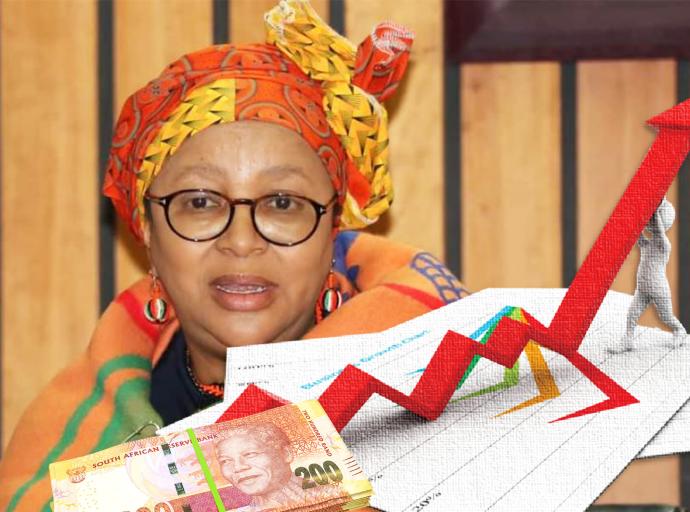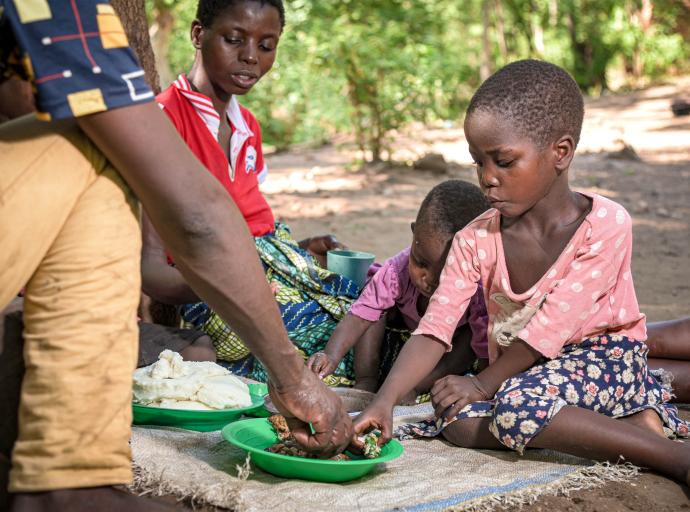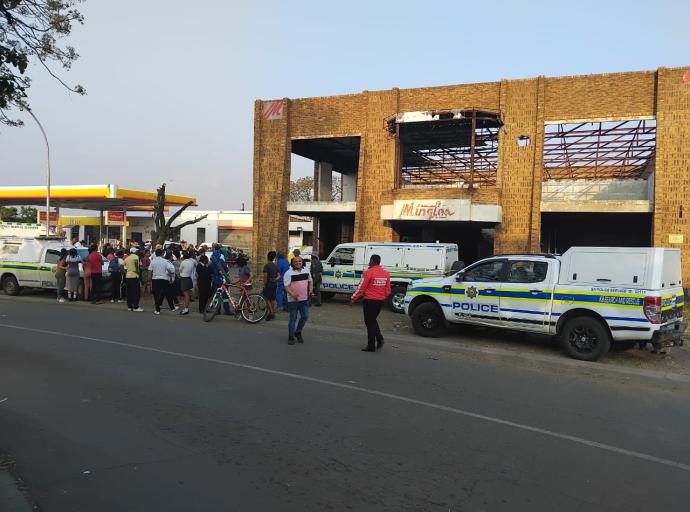If South Africa’s bond affordability challenge is not corrected, it can lead to inflationary pressures as the cost of living increases.
This can further strain household budgets and reduce economic stability, says Nondumiso Ncapai, the managing executive at Absa Home Loans.
In response to this publication’s enquiry, she says this will lead to lower consumer spending, affecting businesses and overall economic activity.
“Consumers may struggle to meet their bond repayments, leading to higher default rates. This can negatively impact banks and financial institutions, leading to tighter lending criteria and reduced credit expansion in the private and household sectors,” Ncapai said.
Affordability
Earlier this year, the Department of Human Settlements said the local sector contended with challenges with the housing accessibility opportunities for the gap market.
It said the gap market pressures are felt more strongly in metropolitan municipalities, intermediate cities, and small towns. DHS said all stakeholders in the value chain must find long-lasting solutions to this challenge since the gap market challenges drive the proliferation of informal settlements.
The Department of Public Service and Administration (DPSA), which is responsible for the Government Employees Housing Scheme (GEHS), said the current finance products are too expensive for most government employees who fall within the gap market.
It said as such, a market product needs to be developed for this segment of employees so that they can also become homeowners. This would require collaboration between government, government entities, development finance institutions and the commercial housing finance sector to develop such products that would accommodate these employees' market, DPSA said at the time.
GEHS is mandated to assist employees in accessing housing finance and loans on affordable terms.
At the beginning of this year, one financial institution told this publication that of the home finance applications received in 2024, 20% were approved and registered with it.
However, this week, Absa Home Loans said that they have observed that approvals have gradually improved since the repo rate started to come down from the third quarter of last year. The banking unit said that, in particular, declines related to affordability have reduced since then.
“In determining qualifying criteria for South Africans to afford a bond, factors like good credit score, debt-to-income ratio, affordability and employment stability are essential for securing a bond.
"The credit score reflects the borrower’s creditworthiness and ability to repay the loan, and a healthy credit score can lead to better interest rates and loan terms. A low debt-to-income ratio indicates the borrower has a manageable level of debt relative to their income.”
The financier said banks typically look for a stable and sufficient income to ensure that the borrower can meet the monthly bond repayments. When borrowers have a stable employment history, this generally suggests a reliable source of income.
Having said that, it added that variable income is considered by banks if this can be sufficiently evidenced.
Interest Rates
Ncapai said that further rate cuts by the South African Reserve Bank appear unlikely in the near future. Absa forecasts headline CPI inflation to approach 4% towards the end of this year and going into early 2026, making the case for rate cuts challenging, especially as the MPC looks to solidify its credentials around the 3% anchor.
She said they believe the scope to cut will emerge only from 2027. “As a baseline, Absa has pencilled in 50bp of easing in 2027 and a further 50bp in 2028, taking the repo rate to 6.00% over time.”
The managing executive said that with the repo rate likely to remain unchanged in the near term, property prices may stabilise while borrowing costs are unlikely to rise. This stability may attract more buyers to the market, potentially leading to a gradual increase in property prices, she says.
Ncapai adds that investors may find the stable repo rate environment attractive for long-term investments in the property market. “This could lead to increased demand for both residential and commercial properties.
“The unchanged repo rate may also boost market sentiment, as buyers and investors will have a clearer understanding of the borrowing costs over the next few years. This predictability can lead to more confident decision-making in property transactions,” she adds.
Absa Home Loans says that while banks can play a crucial role in stimulating bond approvals, by adjusting lending criteria to be more accommodating during the unchanged repo rate period, supported by their risk appetites and within the confines of the National Credit Act(NCA), providing financial education to consumers on the stable rate environment and how to manage their finances effectively is critical for growing their confidence in applying for bonds.
National residential property price inflation
Meanwhile, Statistics SA data released this week show that in April this year, the annual national residential property price inflation was 5.9%, an increase from a revised 5,5% in March this year. The residential property price index (RPPI) increased by 0.6% month-on-month in April.
The main contributors to the 5.9% annual national inflation rate were Western Cape (9.3% and contributing 3.6 percentage points) and Gauteng (3.0% and contributing 1.1 percentage points). The RPPI for all metropolitan areas increased by 5.4% between April 2024 and April 2025.
The main contributor to the 5.4% annual inflation rate for metropolitan areas was the City of Cape Town (9.0% contributing 3.3 percentage points). The RPPI for properties sold for the first time increased by 2.8% between April 2024 and April 2025. The index increased by 0.2% month-on-month in April this year.
*This article was first published by IOL News







